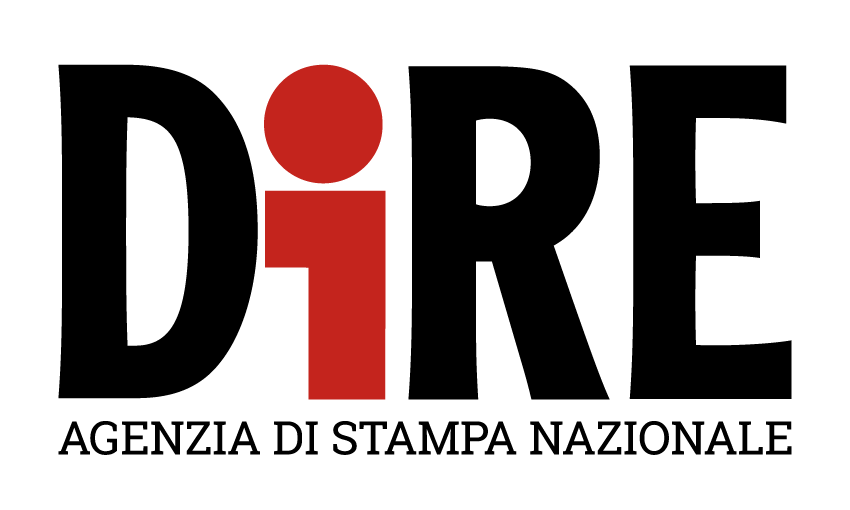- |
ROME – No to 'synthetic' food. The Government's bill to ban the consumption of 'in vitro meat' arrives in the Chamber.Approved by the Senate last July (with the votes of the majority parties and Italia Viva) the text came out of the Council of Ministers with the aim of “ensuring the health protection human rights and citizens' interests as well as a preserve the agri-food heritage, as a set of products expressing the process of socio-economic and cultural evolution of Italy, of strategic relevance for the national interest".
THE STOP IN 7 ARTICLES
With Montecitorio's green light, Italy will therefore be the first nation in the world to ban - as a precaution - trade, import and the production of laboratory-produced milk, meat and fish.The final approval is expected next week.Promoted by the Minister of Agriculture and Food Sovereignty Francesco Lollobrigida, together with the Minister of Health Orazio Schillaci, the bill prohibits production, placing on the market and import into Italy in 7 articles of artificial foods and feeds.It does not prevent research.Then stop the use of "deceptive and misleading" names for foods derived from vegetable proteins, such as 'soya steak'.
READ ALSO: VIDEO | From synthetic meat to insects, the National Academy against "deleterious fashions"
The PRECAUTIONARY PRINCIPLE
In the absence of specific European legislation on foods and synthetic foods, the Meloni Government decided to intervene at a national level to protect the interests linked to health and the defense of Made in Italy products. The ban is established on the basis of the 'precautionary' principle contained in thearticle 7 of the European regulation on food lawand (the no.178/2002), which provides for the possibility of adopting risk management measures necessary to guarantee a high level of health protection, pending further scientific information.
THE PROHIBITIONS
Food business operators and feed business operators are prohibited from using, in the preparation of foods, drinks And feedi, sell, hold for sale, import, produce for export, administer or distribute for food consumption, food or feed consisting of, isolated or produced from cell cultures or tissues deriving from vertebrate animals.A regulatory definition of synthetic food and feed is thus introduced.
STOP MISLEADING NAMES:NO SOY BURGER
A series of bans are introduced relating to the production and marketing of processed products containing vegetable proteins.In practice they are put to the ban terms like 'veg mortadella or 'steak and soy burger'.The use of:legal, usual and descriptive names referring to meat, to a meat-based production or to products obtained predominantly from meat;references to animal species or groups of animal species or to an animal morphology or animal anatomy;specific terminologies of the butcher's, delicatessen's or fishmonger's;names of foods of animal origin representative of commercial uses.The provisions do not preclude the addition of plant proteins, flavors or ingredients to products of animal origin.
FINES UP TO 60 THOUSAND EUROS OR BASED ON TURNOVER
Food business operators and feed business operators who breach the rules will be subject to administrative pecuniary sanction from a minimum of 10,000 euros up to a maximum of 60,000 euros or 10 percent of the total annual turnover realized in the last financial year closed before the violation was ascertained, when this amount exceeds 60,000 euros.However, the maximum fine cannot exceed 150,000 euros.The applicability of the sanctions is extended to anyone who has financed, promoted or facilitated illicit conduct in any way.To determine the fines, the competent authority evaluates the seriousness of the fact, the duration of the violation and the economic conditions of the individual or company.
CONFISCATIONS AND BUSINESS CLOSURE
In addition to the confiscation of the illicit product, further provisions are foreseen disqualifying administrative sanctions which intervene on the possibility of carrying out business activities, inhibiting access to contributions, financing or subsidized mortgages or other disbursements of the same type, however denominated, granted or disbursed by the State, other public bodies or the European Union for the carrying out entrepreneurial activities, as well as providing for the closure of the plant of production for a period of three years.
MONITORING AND CONTROLS
Monitoring of the implementation of the law is carried out by Mipaaf and from Ministry of Health.The subjects responsible for the controls are the competent authorities and in particular:the Anti-sophistication Units (NOS), the Forestry, Environmental and Agri-food Unit Command of the Carabinieri (CUFA), the Department of the Central Inspectorate for the Protection, Quality and Repression of Fraud of Agri-Food Products (ICQRF) of the Ministry of Agriculture, Food Sovereignty and Forestry, as well as, for fish products, the Port Authority Corps - Coast Guard, each for the profiles of their respective competence.
